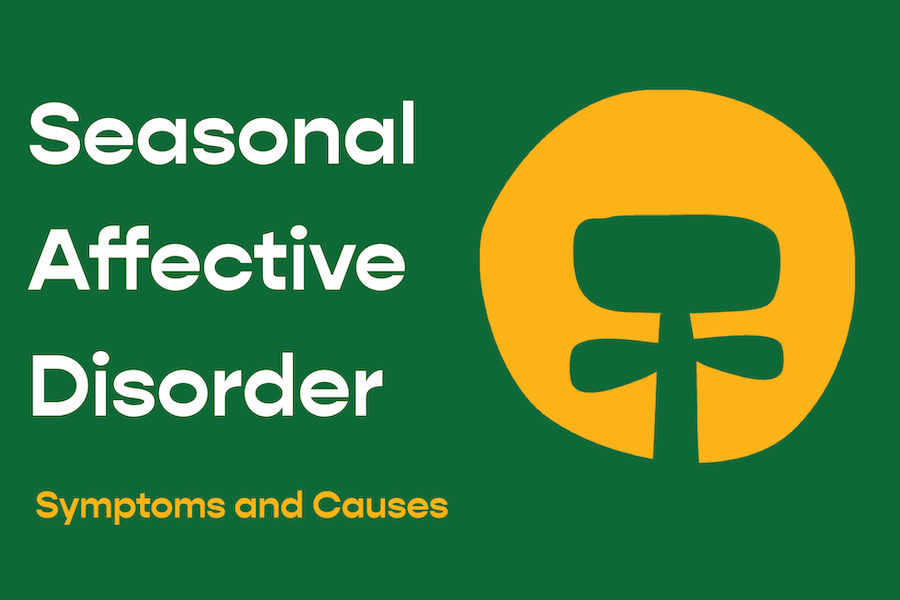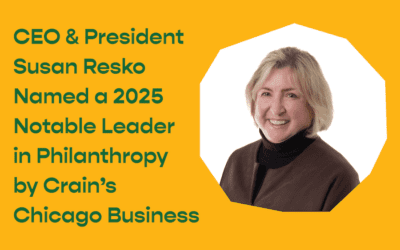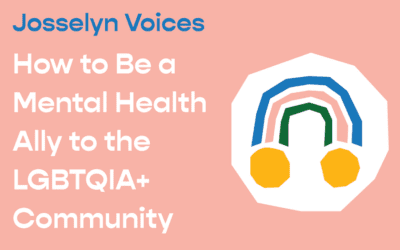Self Care
This time of year can be filled with joy, anticipation and also some trepidation. December may find us with extra commitments on our calendars and a stressfully long to-do list. Additionally, next week marks the shortest day of the year, which means the longest night as well.
According to the National Institute of Mental Health, many people can notice changes in mood and energy as we lose sunlight.
Often called “the winter blues,” Seasonal Affective Disorder (SAD) impacts millions of Americans with symptoms like oversleeping, overeating, weight-gain, and a desire to “hibernate” or withdraw from normal social interactions. It is related to the lack of light which can disturb the internal clock and may lead to feelings of depression. The brain chemicals melatonin and serotonin can also be affected and cause disturbances in sleep and mood.
In most cases, symptoms occur in the late fall or early winter. More severe symptoms of depression may include losing interest in enjoyable activities, having low energy, feeling sluggish or agitated, feeling hopeless or worthless or having difficulty concentrating.
If you think you may be suffering from SAD, there are several things you can try to minimize your symptoms.
Increase your exercise routine: when you are feeling down, getting up and moving can be very challenging. But exercise has been proven to be one of the most effective ways to combat depression.
Diet: many people who experience SAD experience increased carb cravings and gravitate towards “comfort foods.” But filling your body with healthy nutrients can help alleviate feelings of depression. Consider working with a nutritionist or health coach during these times to give yourself the added support you may need.
Light therapy has been shown to be effective in warding off SAD. Light boxes or light therapy lamps mimic outdoor light by emitting a broad-spectrum ultraviolet light. It is recommended to do this first thing in the morning for 30 minutes; perhaps while eating breakfast or reading the news. The recommended intensity of the light emitted from a light box is 10,000 lux.
Get outside: Chicago is notorious for our grey winter days. However, sunlight is still coming through the clouds and can give you a boost, just like solar panels can charge during cloudy days.
Visit your primary care doctor and ask for blood lab work to ensure your thyroid, iron and other chemicals are in line.
Talk to a mental health specialist like those at Josselyn. They can discuss treatments that may be helpful.
The good news is that after the shortest day of the year, our daylight hours start to increase again and SAD symptoms dissipate.




